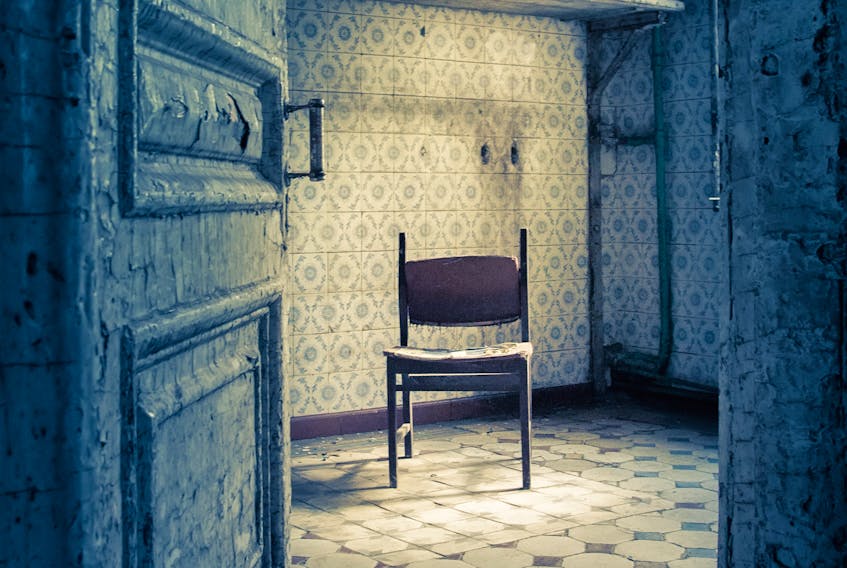It would be wonderful if it worked.
It won’t — or, at least, it won’t work anywhere near as well as anyone hopes it will.

Last week, the family of Barry and Honey Sherman got permission to level the multi-million-dollar mansion where the billionaire couple was murdered in December 2017. The reason the family applied for permission was twofold: because no one was interested in buying the property, and because of the “bad memories and stigma” of the murder.
A letter written to the Toronto building department by an agent for the family said “It pains them to have it sit there.”
If memory were kinder, it would work that way.
But never be fooled into thinking that memory is kind.
It’s actually cruel.
It’s doesn’t matter that the telephone pole on the road into Wolfville from the highway has been fixed for decades after a block at the middle of that thick pole was knocked clean out, or that the scar in the farmer’s field where the motorcycle hit has grown over. I still know exactly the spot where two people were killed when their motorcycle left the road, can still picture those marks. And the victims weren’t anything to do with me.
The house in the Gaspereau Valley where I responded to my first fatal car accident as a firefighter is long since completely repaired, but I still see a spray of rose petals and chimney bricks spread over the hood of a car, the driver — an older woman — serene from the waist up, but crushed from the waist down.
And once again, she wasn’t a family member or anything even close to that.
She was a complete stranger, yet I can’t drive by that “T” of a road intersection without catapulting back more than 25 years and seeing it all again.
Now, take a step closer: I can remember, in detail, the Victoria, B.C., palliative care ward where both my mother and father spent their last days. I can remember the floor plan, the handmade richly coloured afghan on the foot of my mother’s bed, the view of the branches of the heavy blue spruce trees outside the window, the lounge with the tables with hopeful puzzles, always started but seemingly never finished.
If memory were kinder, it would work that way. But never be fooled into thinking that memory is kind.
I can remember her small circle of friends, her book club, sitting in a semi-circle around the foot of the bed, talking to someone confused about who they even were. I can remember the exact expression on her face, a light bewilderment that I knew well, the face she wore when something was too confusing to really be taken seriously.
I’ve never been back there, but if the building were razed to the ground, every brick, window and slab of concrete hauled away, the movies from that handful of days, first with my father, then my mother, would still swirl around my head, even if I were only driving by a vacant lot or a newly sodded sports field dotted with brightly uniformed soccer players. And it’s been years since they died.
We all have that, no matter how much we try to deny it. There’s something in our makeup, in the history of humans, that means we make constructs out of experience that are hard to shed. And the harder the experience, the more viscerally those experiences dig into us.
I can’t imagine walking or driving past a house where a parent was brutally murdered — especially if the murder isn’t close to being solved.
But at the same time, I can’t imagine the wrecking ball will bring any kind of real relief.
You can tear down the physical reminders.
The buildings of the mind? They are far more complicated — and can rebuild themselves quickly enough to crush you.
Russell Wangersky’s column appears in 36 SaltWire newspapers and websites in Atlantic Canada. He can be reached at [email protected] — Twitter: @wangersky.
MORE FROM RUSSELL WANGERSKY:









